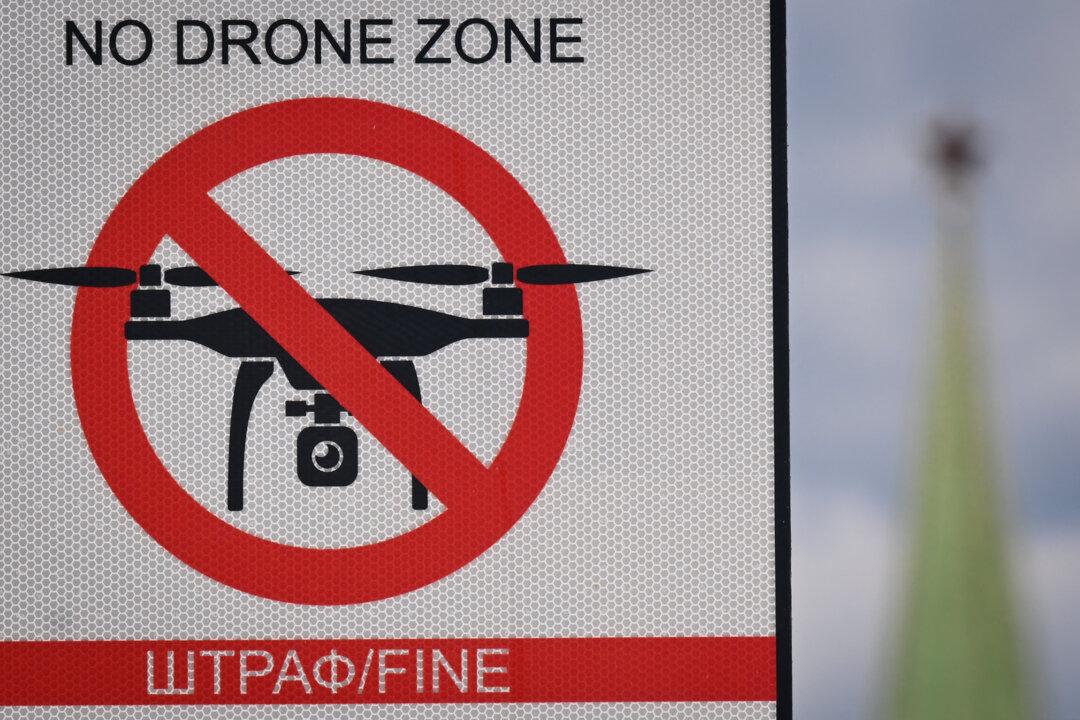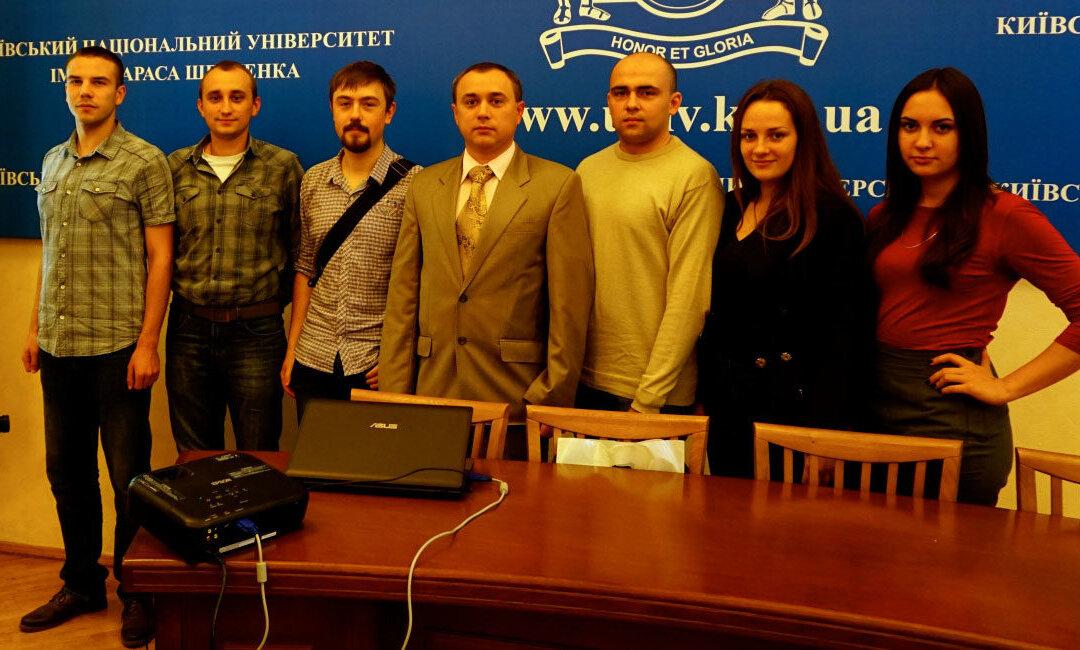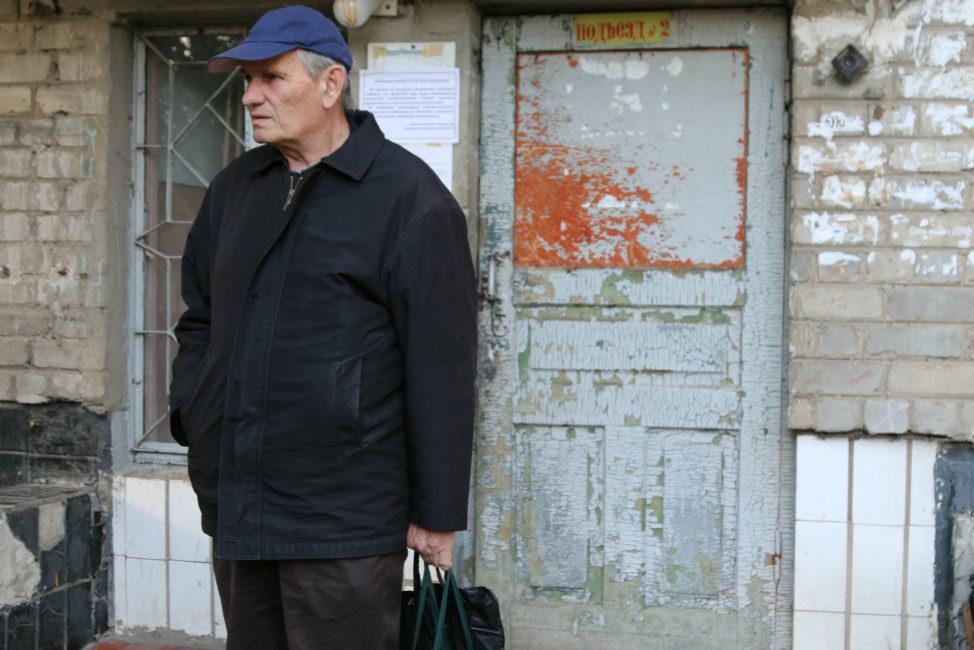KYIV, Ukraine—In a televised address Sunday, Ukrainian Prime Minister Arseniy Yatsenyuk announced he would step down Tuesday, marking the end of a two-month-long political crisis.
“We cannot allow destabilization of the executive branch during a war,” Yatsenyuk said.
Ukrainian forces are still battling combined Russian-separatist forces in a 2-year-old war that has killed more than 10,000 and displaced more than 1 million.
Yatsenyuk took over as prime minister in February 2014 after Ukraine’s Maidan revolution ousted pro-Russian former President Viktor Yanukovych, who fled to Russia.
Accusations of corruption and criticism of austerity measures he helped put in place have marred Yatsenyuk’s term in office.
The 41-year-old weathered a no-confidence vote in mid-February, spurring a government crisis that has lasted nearly two months.
“The political crisis in the country was unleashed artificially. The desire to change one person has blinded some politicians and paralyzed their will of real changes,” Yatsenyuk said during Sunday’s address.
For weeks Ukrainian media has been ripe with rumors of secret meetings among a group of key Ukrainian politicians called the “strategic seven,” suggesting behind-the-scenes alliance building to prevent early parliamentary elections in the event of Yatsenyuk’s departure.






